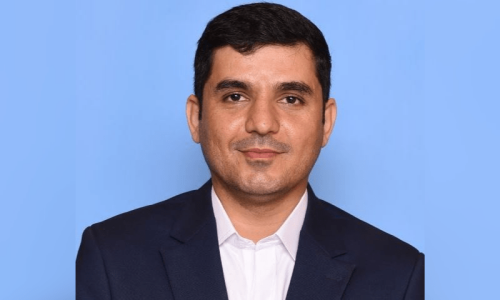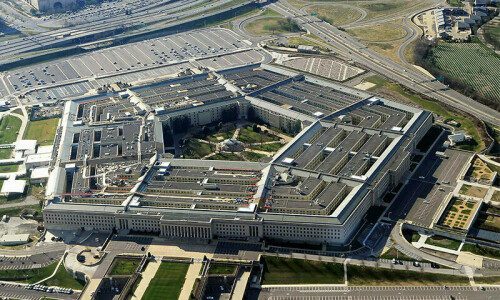
ISLAMABAD: As the Supreme Court is all set to resume on Monday the presidential reference on revisiting the murder trial of former prime minister Zulfikar Ali Bhutto, Ahmed Raza Kasuri submitted a reply opposing reopening of the case because the president is an “interested party”.
Mr Kasuri’s complaint had implicated Mr Bhutto in the conspiracy to kill his father, Nawab Mohammad Ahmed Khan.
In a four to three split verdict, a seven-judge Supreme Court bench had upheld the Lahore High Court’s verdict of awarding death sentence to the former prime minister in March 1979 during the rule of then army chief Gen Ziaul Haq, who had overthrown the PPP government in July 1977.
After reaching a consensus, an 11-judge bench had on Dec 12 decided to summon Ahmed Raza Kasuri, in the interest of justice.
In his voluminous reply filed in the apex court on Saturday, Mr Kasuri questioned the impartiality of seven of the 10 amici curiae appointed by the court to assist it in the reference, saying they could be friends of the court, but certainly not the friends of the complainant (Mr Kasuri). According to him, Abdul Hafeez Pirzada, Fakhruddin G. Ebrahim, Barrister Aitzaz Ahsan, Abdul Latif Afridi, Barrister Zahoorul Haq, Ali Ahmad Kurd and Tariq Mehmood had a strong leaning and unstinted loyalty towards Mr Bhutto.
He said that being son-in-law of Mr Bhutto, the president was an interested party and, therefore, should not have filed a reference concerning his family affairs. The sole object of the reference, he added, was to remove stigma of conviction, which adversely affected the family of Mr Bhutto and, in particular, the Pakistan People’s Party (PPP).
The reply said: “It is not the constitutional obligation of the Supreme Court to remove stigma of the family through the reference. Giving an opinion by the court that the conviction was the result of a bad trial would mean stigmatising the judges of this court in the public eye. “Let dead past burry its dead and not to rake the national wounds which are healed and buried under the sand of time. Time is a great healer of both national and individual wounds.
“Moreover, the presidential reference falls within the purview of settled principle of law of ‘closed and past transaction’ and, therefore, litigation already closed and past cannot be reopened indirectly through Article 186 of the Constitution that deals with the president’s advisory jurisdiction.
“Besides, the word ‘revisit’ is unknown both to the law and the Constitution. Since Mr Bhutto exhausted the direct jurisdiction of this court by filing an appeal and later a review, either he or anybody on his behalf cannot not get his case reopened or revisited. The constitutional engineering will de-shape the Constitution.
“The president is constitutionally empowered to seek advice or opinion of the court on which the court has to give an answer, but subject to conditions that the matter should be ‘live issue’ and not previously decided.
“Similarly, the court at this belated stage in collateral proceedings should not bypass the final verdict given by seven judges of this court even if different conclusion is possible under Article 186.
“The exercise of examining the entire record will open Pandora’s box and lift floodgates of futile litigation, resulting in bringing ‘judicial tsunami’ in the country.”











































Dear visitor, the comments section is undergoing an overhaul and will return soon.